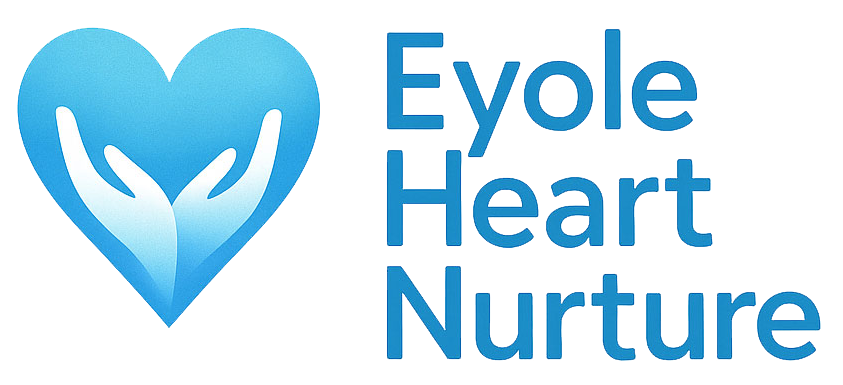“My name is Grace, a 45-year-old seamstress and grandmother, and for over a decade, I lived with diabetes that quietly strained my heart. Fatigue crept into my days, and a doctor’s warning about my doubled risk of heart trouble jolted me awake”.
According to the American Heart Association, people living with Type 2 diabetes are more likely to develop and die from cardiovascular diseases, such as heart attacks, strokes, and heart failure, than people who don’t have diabetes.
Seeking a way forward, Grace turned to a blend of faith and knowledge from trusted health resources, which guided her toward a healthier heart with practical steps and resilience.
Why are people with diabetes at increased risk for CVD?
Years of managing her condition left Grace vulnerable. Research reveals that those with diabetes face a risk for heart issues that is twice as high as others—a truth echoed by experts who say, people with diabetes have twice the risk for heart disease. “The longer I lived with it, the greater the danger grew, damaging my blood vessels and the nerves guiding my heart. This revelation, supported by Psalm 34:17, The righteous cry out, and the Lord hears them; he delivers them from all their troubles, fueled my hope for change.
Why does diabetes cause heart failure?
Grace began exploring health insights from credible sources, starting with managing her diabetes ABCs. The A1C test, showing her average blood sugar over three months, became her compass. Researchers note the A1C test shows your average blood glucose level over the past 3 months, and high readings threaten the heart and organs.
The A1C goal for many people with diabetes is below 7%. Some people may do better with a slightly higher A1C goal. Your A1C goals may also change as you get older and your lifestyle changes. Ask your health care team what your goal should be.
“Next came blood pressure—my heart’s quiet foe. I learned that uncontrolled pressure forces the heart to overwork, risking attack or stroke ”. The blood pressure goal for most people with diabetes is below 140/90 mm Hg, experts advise. If your blood pressure gets too high, it makes your heart work too hard. High blood pressure can cause a heart attack or stroke and damage your kidneys and eyes. Ask what your blood pressure goal should be.
Grace worked toward attaining her blood pressure goal and found peace in Matthew 11:28: “Come to me, all you who are weary and burdened, and I will give you rest.”
Cholesterol is a third focus. According to health experts, a buildup of cholesterol can cause a heart attack or stroke. Ask your health care team what your cholesterol numbers should be. Grace, she added medicine as recommended by her doctor and embraced movement. Proverbs 3:5 assures us –“Trust in the Lord with all your heart and lean not on your own understanding.”
Next Steps
Grace’s journey, inspired by health insights, shows how faith and action can protect your heart. Let’s explore how this can work for you. Take our free heart test at Eyole Heart Nurture today.
FAQs
- How does diabetes affect the heart?
Diabetes doubles heart disease risk by damaging blood vessels and nerves over time, a concern highlighted by CDC research. - Can low blood sugar cause a heart attack?
Severe low blood sugar can strain the heart, though it’s rare; CDC advises balanced glucose management to minimize risks. - How can I keep my heart healthy with diabetes?
Manage your ABCs, exercise, and quit smoking, as recommended by Heart.org, to lower heart disease risk. - Why do diabetics not feel heart attacks?
Nerve damage from diabetes can mask pain; CDC stresses regular check-ups to detect silent heart issues. - How does your heart feel with diabetes?
It may feel strained with fatigue or palpitations; NIDDK suggests monitoring symptoms with medical advice. - Which is worse, high cholesterol or diabetes?
Both raise heart risk, but diabetes’s broader impact is critical; Heart.org emphasizes managing both. - What happens if a diabetic doesn’t eat sugar?
Avoiding sugar helps control blood glucose, benefiting the heart, though balance is key, per NIDDK guidance. - Can diabetes cause heart palpitations?
Yes, due to nerve or blood sugar fluctuations, CDC recommends consulting a doctor if palpitations occur. - Is sweet potato good for diabetes?
Yes, in moderation, sweet potatoes offer fiber; NIDDK supports them in a balanced diabetic diet. - What should diabetics not eat?
Avoid sugary foods, excess fats, and processed items; Heart.org promotes heart-healthy eating plans.





